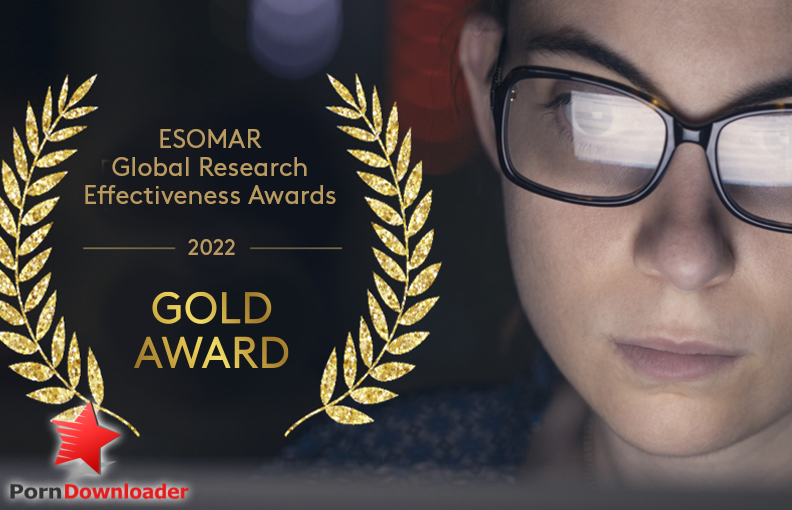From Pleasure to Problem: Identifying Signs of Pornography Addiction
Introduction:
Pornography addiction is a growing concern in today’s digital age. What may begin as innocent curiosity or a means of pleasure can quickly escalate into a problematic addiction that affects various aspects of an individual’s life. Identifying the signs of pornography addiction is crucial in order to address the issue and seek appropriate help. This article explores the transition from pleasure to problem and provides insights into recognizing the signs of pornography addiction.
The Pleasurable Appeal of Pornography
Understanding the initial attraction and pleasure that pornography offers is essential in comprehending how it can develop into an addiction. With easy accessibility and a wide variety of explicit content available online, pornography can provide momentary pleasure and an escape from daily life stressors. However, the allure of pornography can quickly transform into a problematic dependency.
The Warning Signs
Recognizing the signs of pornography addiction can help individuals or their loved ones seek early intervention and receive the necessary support. Some common indicators include:
1. Increased Usage:
An individual spends an excessive amount of time consuming pornography, often leading to neglect of other responsibilities, relationships, and activities they once enjoyed.
2. Failed Attempts to Quit:
Repeated unsuccessful attempts to stop or cut down on pornography consumption can be a clear sign of addiction. Individuals may feel a lack of control over their behavior and experience withdrawal symptoms when trying to quit.
3. Escalating Content:
As addiction progresses, individuals may seek out more extreme or taboo forms of pornography to achieve the same level of arousal as before. This can lead to desensitization and a negative impact on intimate relationships.
4. Relationship Strain:
Pornography addiction often results in strained relationships, as individuals may prioritize their addiction over their partners or loved ones. Intimacy issues, trust problems, and decreased sexual satisfaction can arise as a result.
5. Emotional Distress:
Feelings of guilt, shame, or anxiety surrounding pornography consumption are common indicators of addiction. Individuals may experience a decrease in self-esteem and a distorted perception of healthy sexual behaviors.
Seeking Help: The Road to Recovery
Acknowledging pornography addiction as a problem is the first step towards recovery. There are various resources available to support individuals in their journey, including therapy, support groups, and online forums. Seeking professional help can provide guidance, coping mechanisms, and strategies to overcome addiction and rebuild a healthy relationship with sexuality.
Conclusion
From pleasure to problem, the signs of pornography addiction are evident when individuals start experiencing negative consequences in multiple areas of their lives. Recognizing these signs and seeking appropriate help is crucial in order to address the addiction and regain control. Remember, addiction can affect anyone, but with the right support and determination, recovery is possible.
Frequently Asked Questions
1. Can pornography addiction affect both men and women?
Yes, pornography addiction can affect individuals of any gender. It is not limited to a specific demographic.
2. How can a person differentiate between recreational use of pornography and addiction?
Recreational use of pornography involves occasional consumption without negative consequences or a sense of compulsion. Addiction, on the other hand, includes a loss of control, negative impact on daily life, and unsuccessful attempts to quit.
3. Are there any physical health risks associated with pornography addiction?
Although pornography addiction is primarily psychological, excessive consumption can lead to erectile dysfunction in males and may negatively impact an individual’s sexual performance and overall well-being.
4. Can therapy be effective in treating pornography addiction?
Yes, therapy can be highly effective in treating pornography addiction. Therapists can provide support, help clients understand underlying triggers, and teach healthy coping mechanisms to avoid relapse.
5. Is it possible to have a healthy relationship while struggling with pornography addiction?
Yes, it is possible to have a healthy relationship while struggling with pornography addiction. Open communication, trust-building exercises, therapy sessions together, and committed efforts to overcome the addiction can help nurture the relationship.
6. Can individuals recover from pornography addiction without professional help?
While some individuals may be able to overcome pornography addiction without professional help, seeking support from therapists or support groups significantly increases the chances of successful recovery and reduces the risk of relapse.
7. What steps can be taken to prevent pornography addiction in children and teenagers?
To prevent pornography addiction in children and teenagers, open conversations about healthy relationships, sexuality, and the potential negative impact of pornography are essential. Implementing parental controls, monitoring internet usage, and educating young individuals about the risks associated with excessive consumption can also help.
8. Can mindfulness practices help individuals overcome pornography addiction?
Yes, mindfulness practices, such as meditation and self-awareness techniques, can be beneficial in overcoming pornography addiction. They enable individuals to better understand their triggers and cravings, allowing for healthier coping strategies.
9. Is there a cure for pornography addiction?
There is no definitive “cure” for pornography addiction. However, with proper support, therapy, and personal commitment, individuals can successfully recover and manage their addiction.
10. Where can one find support groups for individuals struggling with pornography addiction?
Numerous online and in-person support groups are available for individuals struggling with pornography addiction. Local counseling centers, therapy clinics, and online communities can provide information and resources on nearby support group meetings and forums.


